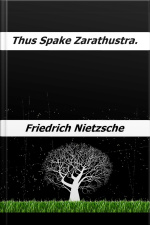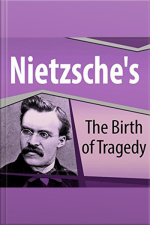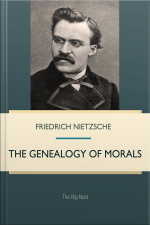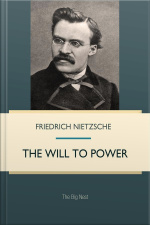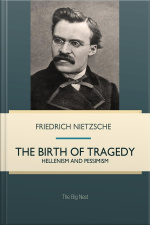"The Joyful Wisdom," written just before "Zarathustra," is rightly judged to be one of Nietzsche's best books. Here the essentially grave and masculine face of the...
"Thus Spake Zarathustra" is a literary work composed by the German philosopher Friedrich Nietzsche between August 1881 and May 1885. The work,long and complex, it speaks...
"The Birth of Tragedy" stands alongside Aristotle’s "Poetics" as essential works for all who seek to understand poetry and its relationship to human life. In this, his first...
In this, his first book, Nietzsche developed a way of thinking about the arts that unites the Greek gods Apollo and Dionysus as the central symbol of human existence. Although...
The book is a critique of Richard Wagner and the announcement of Nietzsche's rupture with the German artist, who had involved himself too much, in Nietzsche's eyes, in the...
We are unknown, we knowers, ourselves to ourselves: this has its own good reason. We have never searched for ourselves—how should it then come to pass, that we should ever find...
What I am now going to relate is the history of the next two centuries. I shall describe what will happen, what must necessarily happen: the triumph of Nihilism. This history can...
Beyond Good and Evil: Prelude to a Philosophy of the Future is a book by philosopher Friedrich Nietzsche, first published in 1886. It draws on and expands the ideas of his...
This book "the Joyful Wisdom," was written in 1882, shortly before "Zarathustra", is considered the best work by Nietzsche. It is interesting to discover how...
Nietzsche found in classical Athenian tragedy an art form that transcended the pessimism and nihilism of a fundamentally meaningless world. The Greek spectators, by looking into...

